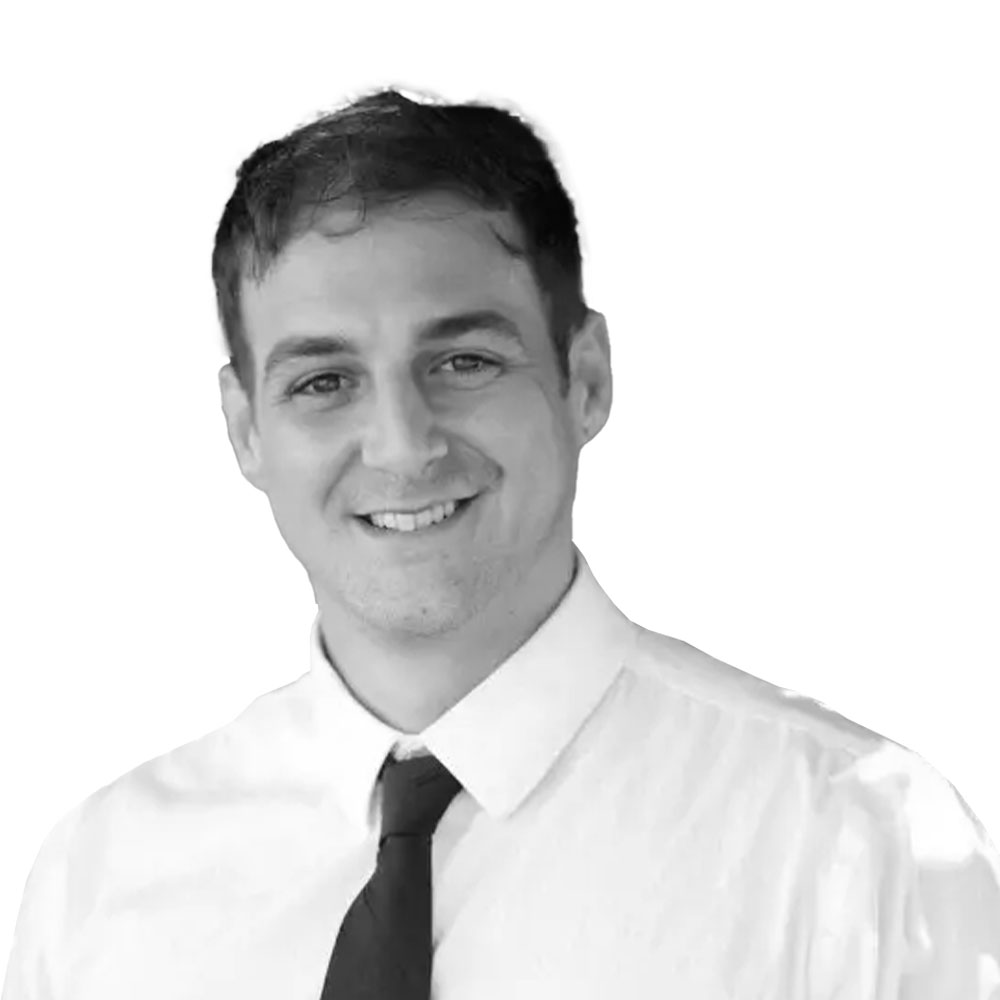U.S. News
Photo Illustration by Elizabeth Brockway/The Daily Beast/Getty
She’s 4 Weeks Pregnant in Louisiana. Is Mexico Her Best Option?
NO WAY OUT
After the Supreme Court gutted Roe v. Wade, a young woman confronted the new reality in a state with a uniquely harsh, immediate ban.

Trending Now





